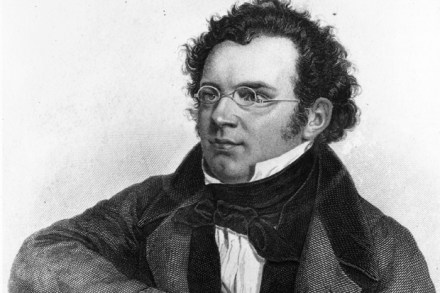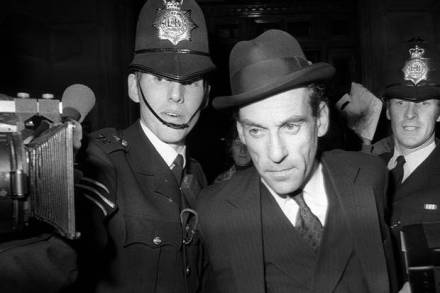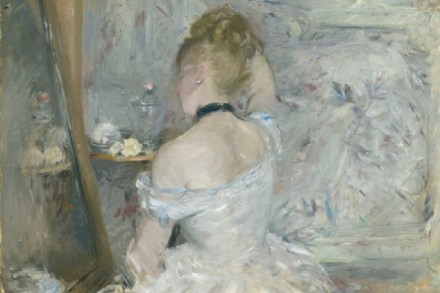This Winter Journey goes far beyond expectation
More from BooksYou can tell a lot about a book from its bibliography. It’s the non-fiction equivalent of skipping to the final page of a novel. Turn to the end of Ian Bostridge’s Schubert’s Winter Journey — a study of the composer’s celebrated song cycle Winterreise — and you’ll find monographs on ornithology, weeping as a cultural




























